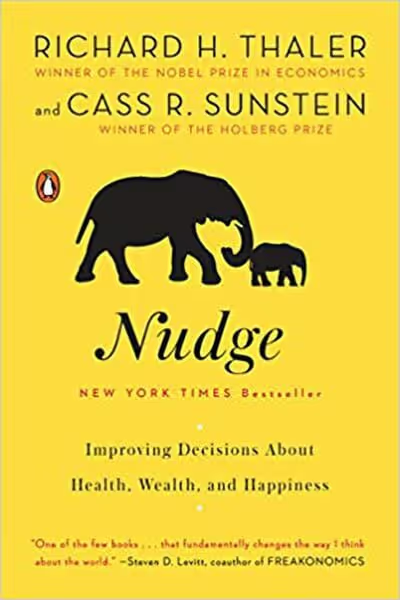The Plant Paradox
Most of us have heard of gluten—a protein found in wheat that causes widespread inflammation in the body. Americans spend billions of dollars on gluten-free diets in an effort to protect their health. But what if we’ve been missing the root of the problem? In The Plant Paradox, renowned cardiologist Dr. Steven Gundry reveals that gluten is just one variety of a common, and highly toxic, plant-based protein called lectin. Lectins are found not only in grains like wheat but also in the “gluten-free” foods most of us commonly regard as healthy, including many fruits, vegetables, nuts, beans, and conventional dairy products. Plants' seeds, grains, skins, rinds, and leaves contain these proteins, which are meant by nature to defend them from predators (including humans). They initiate a type of chemical warfare in our bodies once they've been consumed, generating inflammatory reactions that can lead to weight gain and major health problems.
Dr. Gundry has successfully treated tens of thousands of patients with autoimmune illnesses, diabetes, leaky gut syndrome, heart disease, and neurodegenerative diseases using a regimen that detoxes the cells, heals the gut, and nourishes the body at his waitlist-only clinics in California. He now offers this scientifically proven method with people all around the world in The Plant Paradox.
The Plant Paradox uncovers the hidden risks lying in your salad bowl—and teaches you how to consume whole foods in a whole new way—with a detailed list of lectin-containing items and simple substitutions for each, a step-by-step detox and diet plan, and delicious lectin-free recipes.
In addition to the potential to cause health problems, lectins can also stimulate weight gain. The reason that wheat became the grain of choice in northern climates is thanks to a uniquely small lectin in wheat, known as wheat germ agglutinin (WGA), which is responsible for wheat’s weight-gaining propensity. You read that correctly. Wheat helped your ancestors gain or maintain weight in ancient times when food was often scarce; back then, a “wheat belly” was a great thing to possess! And guess what? That WGA in the “ancient” forms of wheat is just as present in modern wheat—hence the weight gain.























































